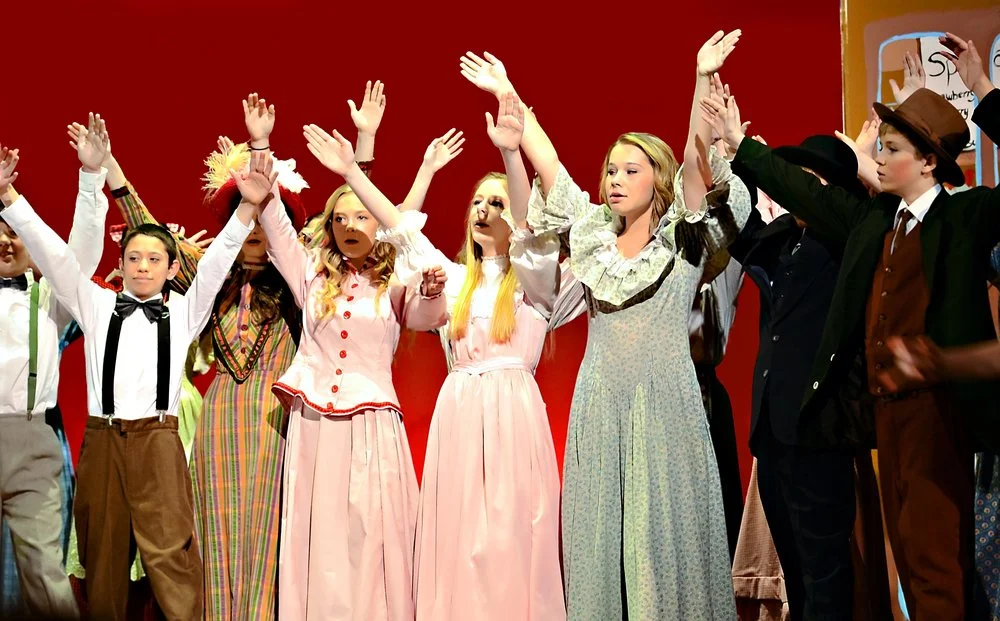If the Freshman is the Best Fit for the Lead Role, Cast the Freshman
by Chris Peterson
High school theatre directors know the weight of casting a show. The ensemble matters, the supporting roles matter, but nothing carries quite the same pressure as the lead. Everyone in the room watches closely, and everyone has an opinion about who should take center stage. Seniors expect it. Parents lobby for it. Students quietly assume it. But here is the reality: if the freshman is the best choice for the lead role, you have to cast the freshman.
It is easy to default to seniority. Seniors have waited, worked, and often dreamed of walking out for their final bow as the star of the spring musical. That dream is real and valid. But theatre is not about handing out farewell gifts. It is about telling a story, and stories demand the right voice at the center. If that voice happens to belong to a freshman, then that is where it belongs.
Leads are not rewards. Leads are responsibilities. They are the anchor of the production, the tone-setter for the cast, and the face of the story you are putting before an audience. Giving that role to someone because of age or years served undermines the work itself. A lead role should always go to the student who can carry the weight of it, not the one who simply expects it.
That is why entitlement must be challenged. No one is owed the lead, not even a senior. The title of “senior” does not come with a contract that guarantees the spotlight. When we frame the lead as something earned only by time spent in the program, we devalue the craft. We tell students the work does not matter as much as longevity. That is not the lesson you want them to carry beyond your stage.
Yes, casting a freshman as the lead brings challenges. They may lack confidence, stamina, or the ability to command their peers. But that is where directing steps in. With guidance, a freshman can grow into the role, and that growth can be transformative. For the student, it becomes a moment that ignites a lifelong passion. For the program, it becomes a statement: we value talent and truth above age and expectation.
Seniors will feel the sting. They will wonder why they were overlooked. But that disappointment can be a lesson too. In the real world, leads are not promised. Every audition is a fresh slate. The strongest programs prepare students for that reality, teaching them that even as seniors, they must show up, bring their best, and earn the part.
And when the audience sees a freshman step into the spotlight and succeed, it elevates the whole production. The cast sees that excellence can come from anywhere, and the seniors who do not land the lead still have a chance to lead through example, through mentoring, and through the integrity of their work. Leadership is not always the name on the poster. Sometimes it is the way you respond when the role goes to someone else.
So when auditions arrive and a freshman is the one who commands the room, do not sideline them because of tradition or pressure. Cast the freshman in the lead. Trust that the role belongs to the person who tells the story most truthfully, not the one who has waited the longest.
Because when you give the lead to the student who has earned it, you are not just casting a show. You are shaping artists. You are building a program rooted in merit and excellence. And you are teaching every student that the spotlight is not inherited. It is earned.
